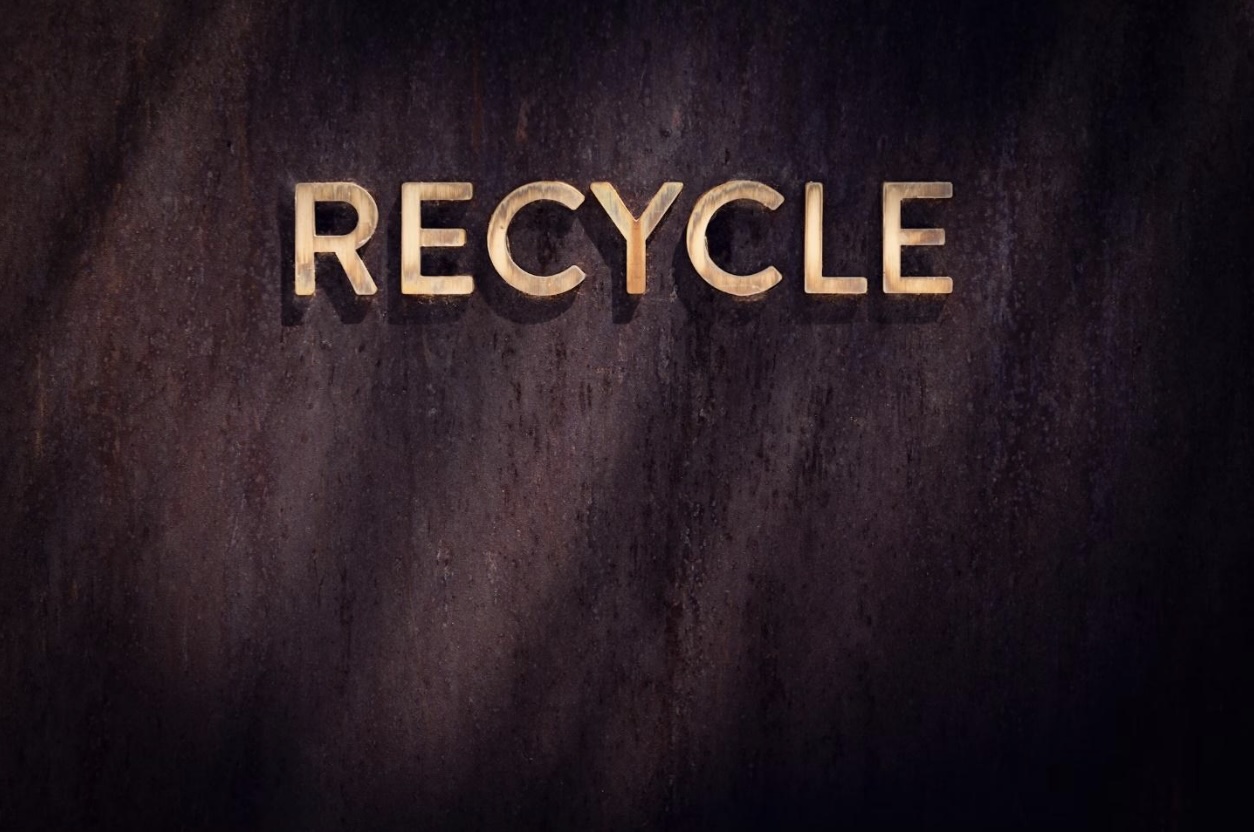May 30 (News On Japan) - In a time when environmental concerns are reaching a critical point, businesses across the world, but mainly in Europe and the Middle East are ramping up their recycling efforts, an increasingly powerful driver of both ecological protection and economic opportunity.

From major corporations to small enterprises, the move toward recycling is no longer seen as a trend but as a necessity, and everyone knows it. Recent data and regional initiatives reveal that the impact of business recycling is substantial and growing.
Europe leads the way with high recycling rates
Europe remains one of the most progressive regions in the world when it comes to waste management and recycling practices. According to the European Environment Agency, the EU achieved a 44% recycling rate for total waste in 2022. Packaging waste recycling hit 65%, while municipal waste stood at 49%, and electronic waste recycling reached 32%. These rates highlight not only the effectiveness of European recycling systems but also the growing commitment of private enterprises contributing to these statistics.
Material-specific progress and economic impact
Material-specific recycling results paint an even clearer picture of progress. In 2022, the EU reported that over 80% of both glass packaging and steel was successfully recycled. Meanwhile, the UK's paper and board recycling rate climbed to an impressive 70% in 2023. While plastic continues to be a challenging material, the EU still managed to recycle 40% of its plastic waste by 2021, signaling meaningful strides toward long-term sustainability goals.
Such efforts are reinforced by legislative frameworks like the Circular Economy Action Plan, part of the EU’s broader European Green Deal. This action plan aims to ensure that by 2030, all packaging on the EU market will be either reusable or recyclable. The economic implications of this transformation are equally promising. The shift to a circular economy, in which waste is minimized and resources are reused, could contribute an estimated €1.8 trillion to the European economy by 2030 and generate approximately 2 million new jobs, according to data from World Metrics.
Middle East making strides amid infrastructure challenges
Meanwhile, the Middle East, a region traditionally reliant on landfill disposal, is also undergoing a significant transformation in its approach to waste management. Although still in the early stages compared to Europe, several countries are making notable progress. In Gulf Cooperation Council (GCC) countries, around 10% of plastic and metal waste is currently recycled with the help of companies like Miltek. While this figure remains well below the 90% recycling rates observed in countries like Germany or Japan, the region is showing growing commitment to improving these numbers.
According to research if GCC nations were to increase their recycling rates to just 40%, the environmental and economic rewards would be considerable. This increase could eliminate up to 12 million tons of carbon dioxide emissions annually and create nearly 50,000 jobs within the recycling sector. Economically, this shift holds a market potential of up to $6 billion each year, highlighting a profitable and sustainable pathway for both governments and private enterprises.
Green innovation and community-led efforts in the region
Several initiatives are already paving the way for a greener future in the Middle East. In the United Arab Emirates, Bee’ah, a leading environmental management company, has introduced a Smart Eco-fleet of electric and compressed natural gas vehicles to collect waste more efficiently. The company is also developing the region’s first large-scale Waste-to-Energy facility in Sharjah. Once operational, the facility will process 400,000 tonnes of non-recyclable waste annually and convert it into 35 megawatts of clean electricity, offering a sustainable solution to landfill overflow and energy demand.
Grassroots efforts are gaining traction as well. In Kuwait, environmental advocate Fatemah Alzelzela co-founded Eco Star, a non-profit that offers plants and trees to businesses and individuals in exchange for recyclable waste. By the end of 2020, Eco Star had successfully recycled 3.5 tonnes of plastic, 10 tonnes of paper, and 120 tonnes of metal. This model not only promotes recycling but also encourages a culture of environmental stewardship at the community level.
Obstacles to overcome in both regions
Still, challenges persist. In many Middle Eastern countries, recycling infrastructure remains underdeveloped. The absence of consistent technical standards and enforcement mechanisms has led to problems like illegal dumping and inefficient landfill usage. Consumer and corporate awareness around recycling also remains relatively low, highlighting the need for widespread education and incentivization efforts. Even in Europe, where infrastructure is more advanced, gaps in compliance and enforcement continue to pose obstacles to achieving full recycling potential.
Moreover, business engagement varies significantly between countries and sectors. While some multinational corporations have adopted circular economy models and zero-waste goals, small and medium enterprises often lack the resources or motivation to follow suit. Bridging this gap will require policy support, access to funding, and the development of scalable recycling technologies tailored to different business needs.
Recycling as a strategic and environmental imperative
Despite these challenges, the overall trajectory is one of progress. The collective efforts of businesses, governments, and citizens are fostering a more circular, less wasteful economy in both Europe and the Middle East. Recycling is not only reducing the burden on landfills and cutting emissions, it is also opening up new economic opportunities and creating jobs in emerging green sectors.
As environmental pressures intensify and consumers grow more eco-conscious, the role of business-led recycling is set to expand even further. In both regions, continued investment in infrastructure, innovation, and public awareness campaigns will be crucial to maintaining momentum.
In the end, business recycling is more than an act of corporate responsibility, it is a vital lever in the fight against climate change and a strategic asset in the race toward sustainable economic development. As Europe fine-tunes its systems and the Middle East accelerates its initiatives, the global business community can look to these regions for both inspiration and evidence of real-world impact.















